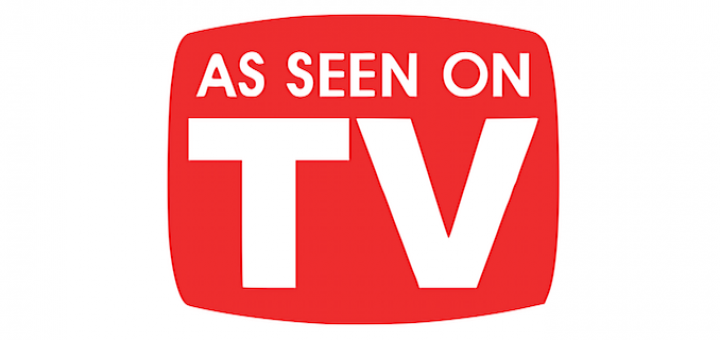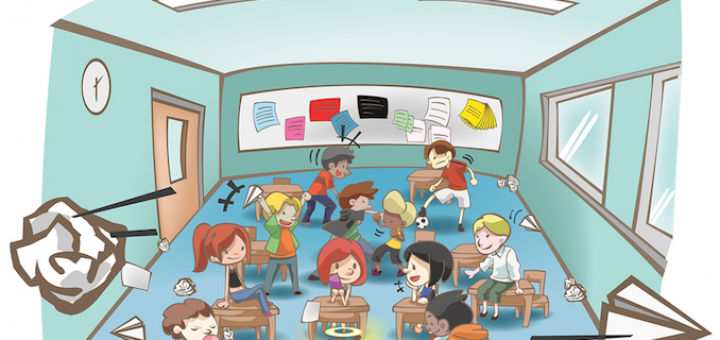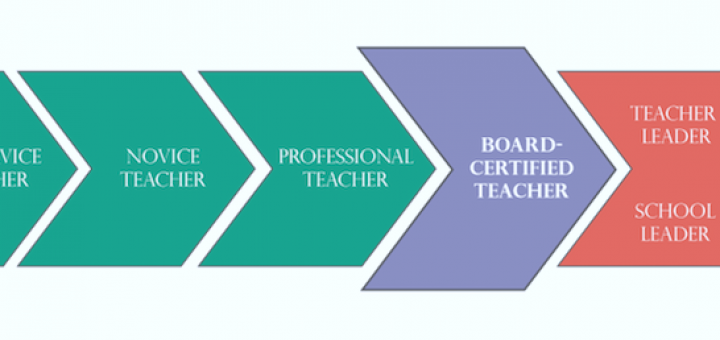10 Lessons about Life, Literacy and Learning
Literacy consultant Regie Routman’s determination to interact meaningfully with her teen granddaughter led her to take up tennis again. Her 10 takeaways apply to life on the court and in the classroom, including the value of joy and the necessity for follow-through.


















